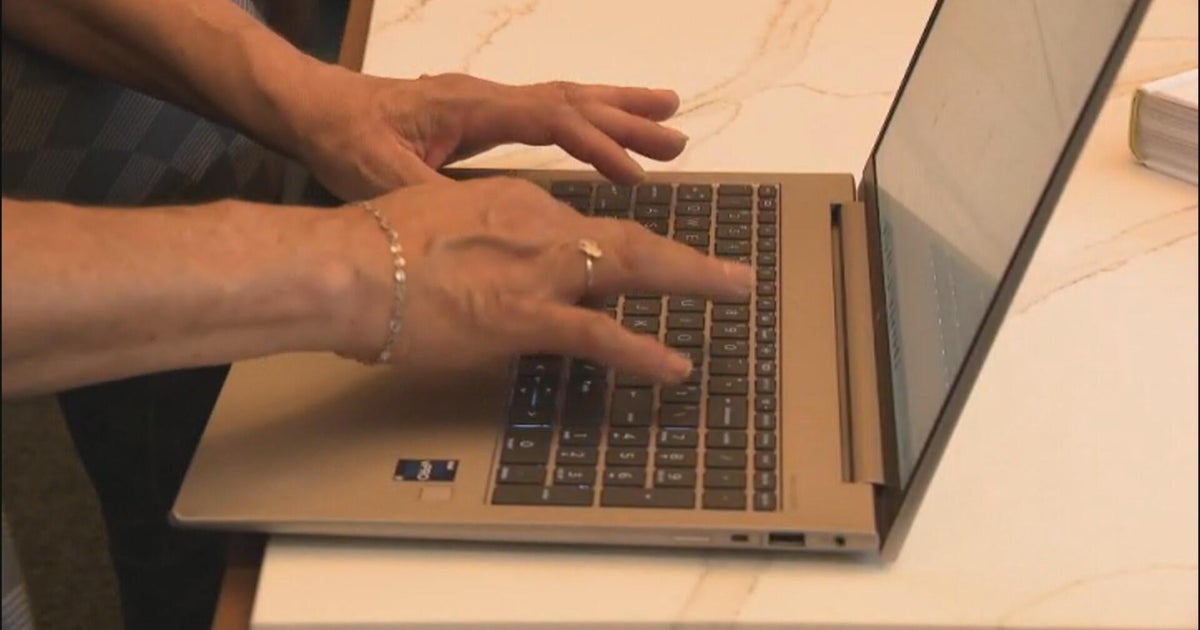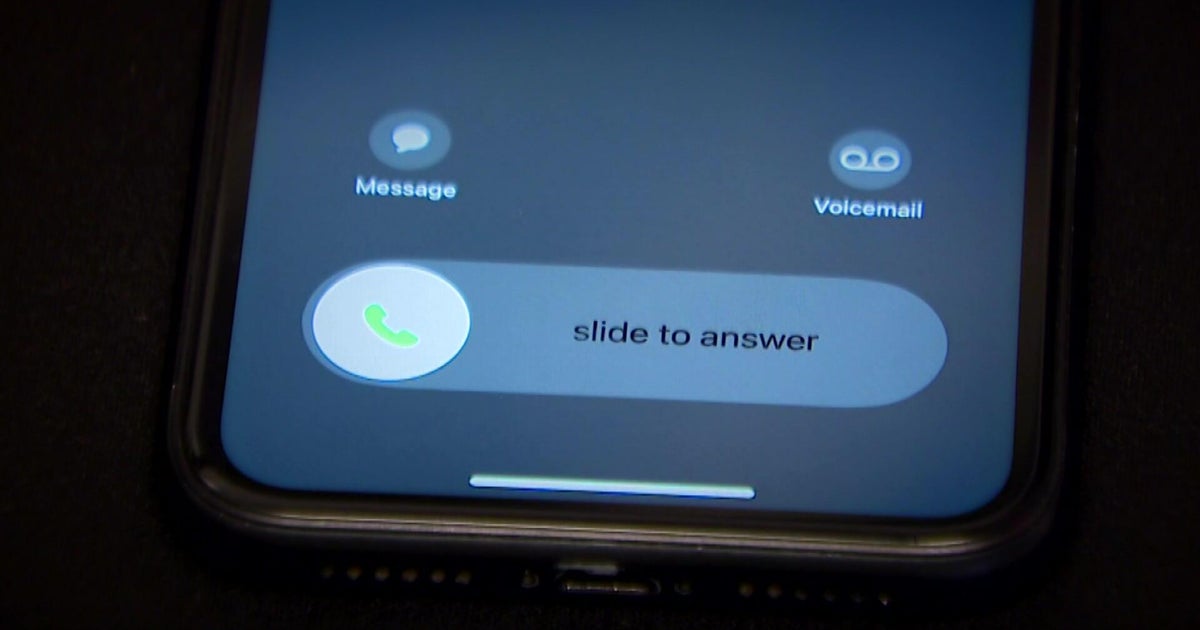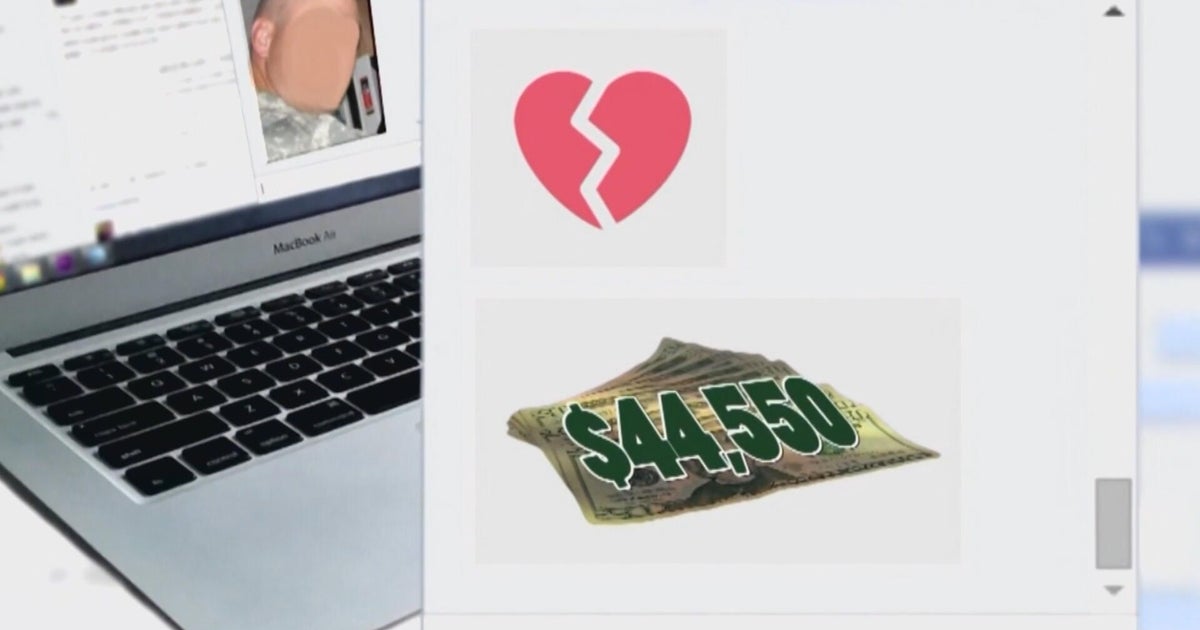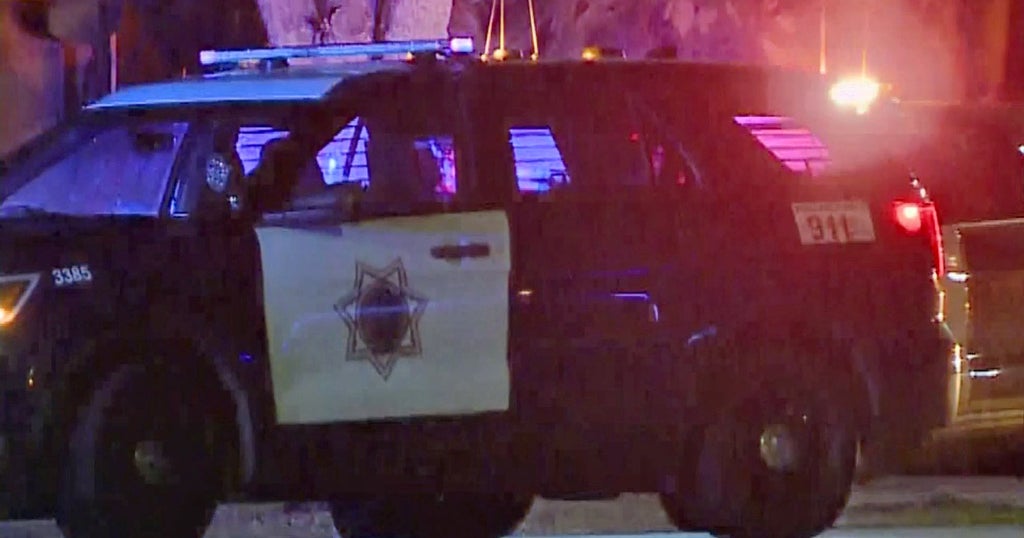Bay Area Woman Targeted in Nationwide Scam Involving Seeds Mailed From China
SAN JOSE (KPIX 5) -- A Bay Area woman said Thursday she has become a victim of the new "brushing scam," involving mysterious packets of seeds.
Janet Brewer said last weekend she received a plastic package postmarked from China. Inside was a pack of seeds.
Brewer said she didn't think much about it because, coincidentally, she had ordered a pack of seeds from Amazon in June. It wasn't until she an article about the mysterious packets that she realized these may not be the seeds she ordered. She said she logged into her Amazon account and saw her order wasn't expected to arrive until August.
"Called my husband and said, 'Honey, you have to see this,'" Brewer said. "And it was like, 'Oh my God, how widespread Is this?'"
The package, Brewer said, was "weird" because it was labeled "Wire Connector." Investigators said many of the packages have been mislabeled, all have been postmarked from China and all 50 states have been impacted.
The Federal Bureau of Investigation and the United States Department of Agriculture are investigating the packages as a "brushing scam," in which individuals send mislabeled packages, stuff them with products without value and then use the recipient's name to write a glowing review for an item.
"The brushing scam itself is nothing new," said San Jose State professor and cybersecurity expert Ahmed Banafa. "It's actually one way for the sellers to boost their rating on sites, like Amazon."
Banafa said that scammers easily find names and addresses on the dark web or they pay for the information.
He said, in order to avoid brushing scams, e-commerce sites must improve their artificial intelligence and verification process to weed out fake reviews.
"They have to have multiple factors, not just the address that will verify this," Banafa said. "It should be associated with a credit card, associated with a name, associated with purchases in the past."
The USDA said that people who receive the mysterious packets of seeds should not open them or plant them. The agency plans to test whether the seeds are harmful to the environment.
Luckily, Brewer didn't get around to planting the mysterious seeds before she learned they were just part of a scam.
"It just shows how desperate people are," Brewer said. "If that's the only way they can get business, it's the sign of desperation."
If you receive a packet of seeds, the USDA urges you to contact your local agricultural commissioner's office.







